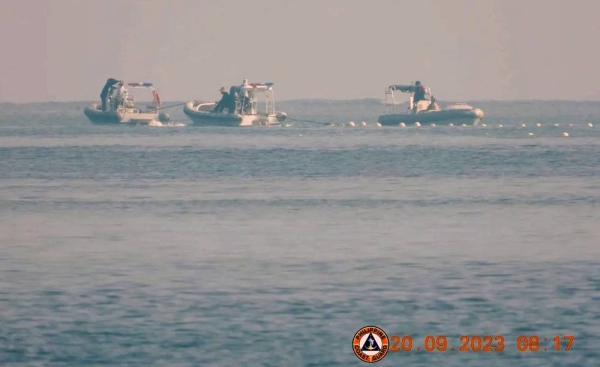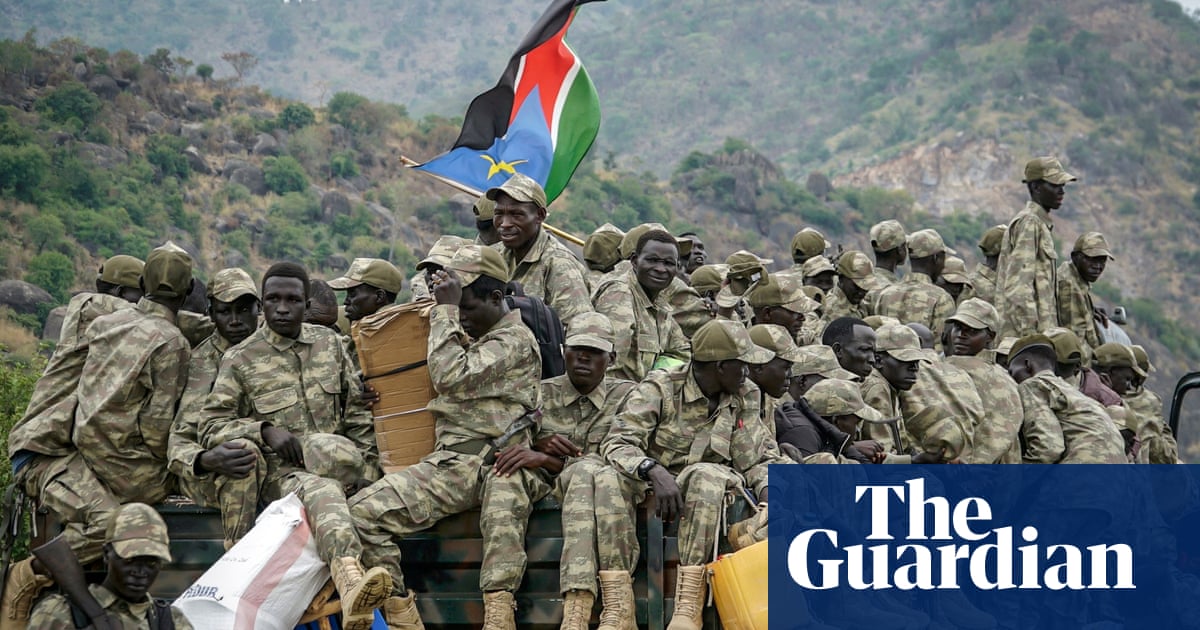
BEIRUT: Syrian opposition factions are blaming each other for opening the way to their defeat near Damascus, underlining splits that plagued the armed uprising against President Bashar Assad since its earliest days.
The rivalry between the factions of Eastern Ghouta — Failaq Al-Rahman and Jaish Al-Islam — had led to the effective partition of the enclave since 2016 and fueled bouts of deadly violence that played to the regime’s advantage.
With the help of Russian airstrikes, the army has waged one of the most ferocious offensives of the war to recapture Eastern Ghouta, killing more than 1,600 people since Feb. 18 according to the Syrian Observatory for Human Rights.
Still, in media comments late on Sunday, the groups laid blame on each other for speeding up the government’s advances.
The Jaish Al-Islam military spokesman, in an interview with Al-Hadath TV, said Failaq Al-Rahman had rejected a proposal to mount a shared defense of Ghouta and accused it of cutting water supplies needed to fill defensive trenches.
“These trenches dried up which sped up the regime’s advances,” said Hamza Birqdar, the spokesman.
The Failaq Al-Rahman spokesman told the same TV station that Jaish Al-Islam had staged a weak defense of the enclave, which advancing government forces split into three separate pockets.
“Failaq Al-Rahman was stabbed in the back ... via the frontlines that Jaish Al-Islam was supposed to be at,” said Wael Olwan, Failaq Al-Rahman’s Istanbul-based spokesman.
A Syrian official said the “conflict between the terrorist groups” in Eastern Ghouta was one of the factors that had helped the military “achieve what it has achieved in a short space of time.”
It echoes a pattern at other key moments in the seven-year-long war: rebels blamed each other as government forces and Iran-backed Shiite militias thrust into opposition parts of Eastern Aleppo, won back by Assad in 2016.
Thousands of Failaq Al-Rahman fighters, accompanied by their families, are leaving their zone of Eastern Ghouta in a negotiated withdrawal to insurgent territory in northern Syria.
Jaish Al-Islam says it is holding out in its part of the enclave in the Eastern Ghouta town of Douma, dismissing a Russian report that it was ready to leave the stronghold near Damascus.
“The negotiations are still ongoing without reaching a final agreement till this moment,” Mohammed Alloush, a senior official from the group, said in a text message to Reuters.
Fighters who have left Eastern Ghouta so far have gone to Idlib, an insurgent-held region at the Turkish border. Idlib has also been blighted by fighting between the dominant faction — fighters formerly affiliated to Al-Qaeda — and other combatants.
The fragmented state of the anti-Assad armed opposition has been seen as one of its critical weaknesses since the start of the conflict, which the UK-based Observatory says has killed half a million people since 2011.
Russian and Iranian military backing for Assad has also far outstripped support that had been offered to opposition groups from foreign states.












